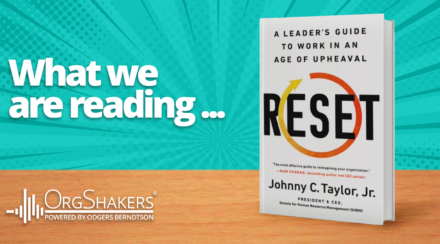Menu

What are Lockdown Legacy Behaviors?
Since being free of the pandemic’s grip, there has been a noticeable change in our approach to many things – including how we do our jobs.
Remote working introduced us to a range of new day-to-day experiences, some of which challenged working practices we had regarded as ‘normal’ for decades. I like to call these ‘lockdown legacy behaviors’ which I think will become standard as part of the new normal:
1. Being ‘On Time’ Actually Means Being On Time
In the pre-pandemic days, everyone knew that a meeting that was scheduled to start at a given time would not get going properly until about 10 minutes later. Stragglers would trickle in, hands filled with coffee cups, finishing the last dregs of a passing conversation. This was without the mandatory exchange of ‘hellos’ and ‘how are yous’ once inside the meeting room.
Nowadays, however, being ‘fashionably late’ is no longer in fashion. With the sudden shift to a remote working style over lockdown, the opportunities for being distracted or getting caught in traffic suddenly faded. People were ready to go on-the-dot, and for those logging on late, they would feel the need to apologise for not being there on time.
2. Desk Bombing
The repertoire of office catchphrases has recently extended by one – ‘desk bombing’. This is in reference to a worker who approaches someone at their desk without warning and begins speaking with them.
In pre-Covid office life, this was completely normal and acceptable. We had no designated phrase for describing this act because it was just part of being at work. Grabbing someone for a quick chat and embarking into a five-minute unofficial meeting was considered a legitimate way of getting stuff done.
Now, after months of solitary working, a new culture has developed where it has become strange, and almost inconsiderate, to disturb your colleagues.
3. The Non-Linear Workday
Probably the most powerful legacy of lockdown is the rise of the non-linear workday. Flexibility has become the new normal of corporate life, with remote and hybrid working making it so that people can plan work around their personal lives, rather than the other way around.
Working from home has recalibrated employers to put employee wellbeing at its forefront – and this model looks as if it will not be going anywhere anytime soon. 40% of global workers even said that flexibility was a top motivator in whether they would stay in a role, according to McKinsey.
What comes next is learning to adapt to these legacies. Meeting the ever-changing needs of the workforce can seem challenging, but by being able to respond to these new practices quickly and effectively, your company will be able to tailor its attraction and retention strategies. This will help it gain access to the widest talent pool, as well as retain that newfound talent.
For a detailed understanding and guidance of workforce insights, you can get in touch with us here or with me directly at andy@orgshakers.com
Copyright OrgShakers: The global HR consultancy for workplace transformation founded by David Fairhurst in 2020



